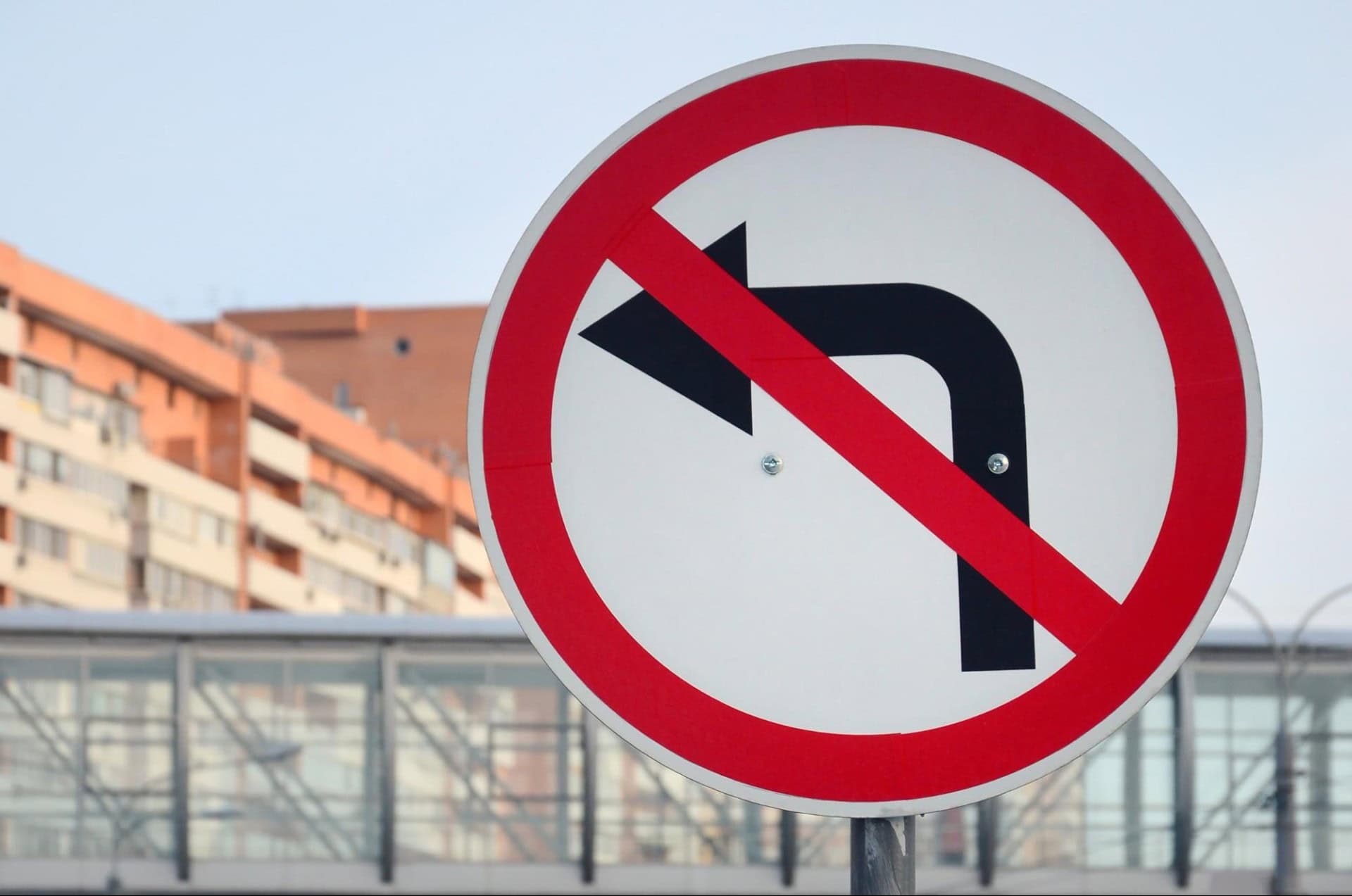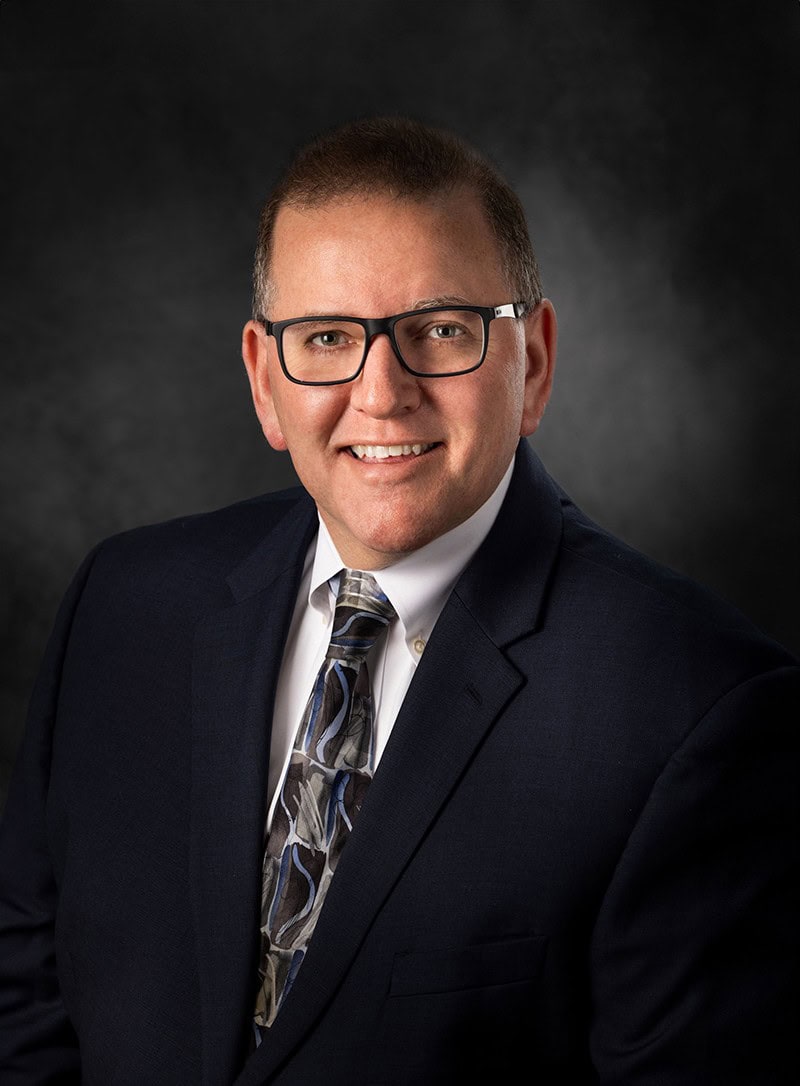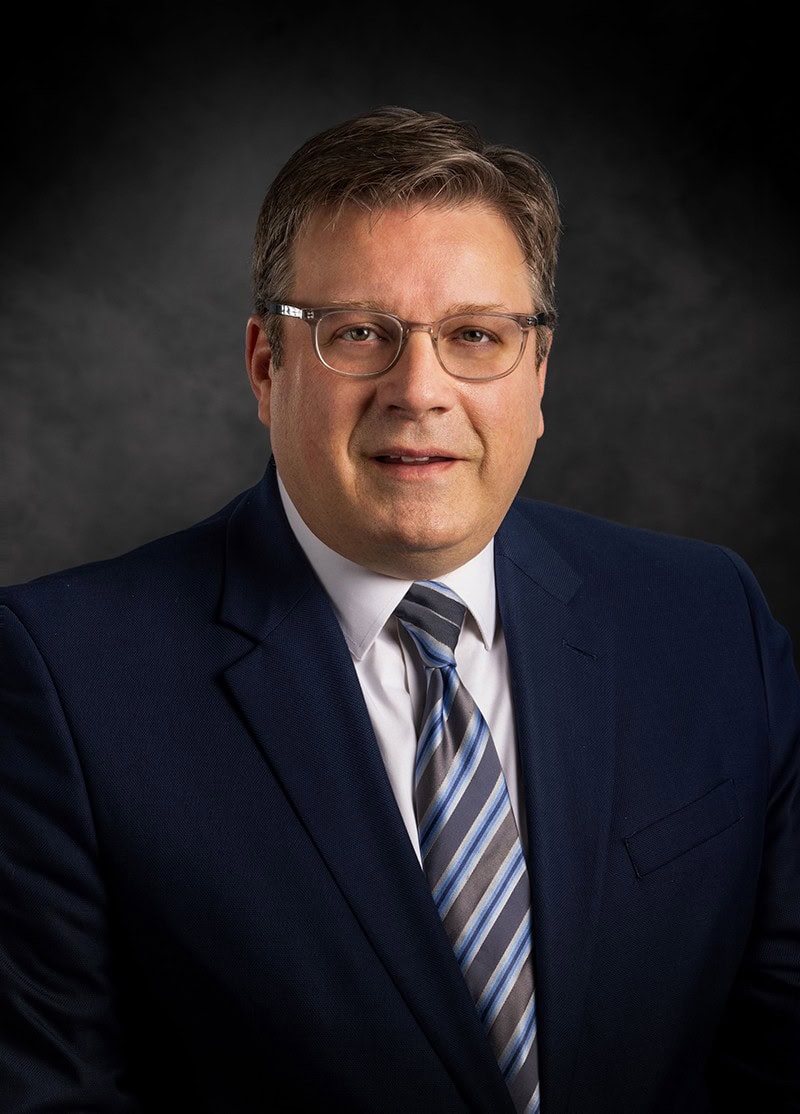
Left turns are dangerous maneuvers that can lead to severe and fatal car accidents, often T-bone collisions. The National Highway Traffic Safety Association (NHTSA) estimates that left turns are the leading critical event before a collision in more than 22 percent of all traffic accidents. Additionally, more than 60 percent of collisions that occur at intersections involve a left-hand turn.
Some assume that the driver making the left-hand turn is always to blame for an auto accident, but this is not the case. Some situations can shift some or all of the fault to the other vehicle.
Below we offer information about why left-hand turns are dangerous, laws in West Virginia that impact fault in left-turn accidents, circumstances that impact liability, and the steps you need to take after involvement in a left turn car accident.
Why Are Left Turns So Dangerous?
The largest reason why left turns are considered more dangerous than right turns is because they always occur at an intersection where the left-turning driver is forced to cross over the path of oncoming traffic.
Oftentimes this means the intersection of two roads, but it can mean the intersection of a road and a driveway, a road and a parking lot entrance, or any other points where vehicles meet.
Intersections are planned points of conflict that already have inherent risk, but left turns are among the most dangerous driving maneuvers. Some elements of left-turns that create danger include:
- Left turns disrupt traffic flows.
- Drivers have to cross traffic to make a left turn.
- Left turns require drivers to process more information including their speed, the speed of oncoming traffic, and pedestrians in crosswalks.
- Many drivers do not use turn signals making it difficult for oncoming traffic or following vehicles to react appropriately.

West Virginia Fault Laws
Under West Virginia law, drivers who intend to make a left turn when approaching an intersection must yield the right-of-way to any vehicles coming from the opposite direction.
The law states that oncoming vehicles must be in the intersection or close enough to be a hazard. Yet, once a driver has yielded and used their turn signal, which is required by law, they can make a left-hand turn.
At this point, all other vehicles approaching the intersection from the opposite direction must yield to the driver making a left-hand turn.
Circumstances that Can Shift Liability
If you were the driver making a left turn when the accident occurred, law enforcement and your insurance adjuster might automatically assume you are at fault for an accident. Even worse, the other driver might outwardly deny responsibility when they caused the accident.
Some scenarios occur where a left turn car accident is not the turning car’s fault. Hopefully, those who investigate the accident will note these circumstances, but it is important to try not to leave that to chance.
If you are physically able, make sure to get witness statements at the scene of the accident to support your insurance claim and potential personal injury lawsuit.
Examples of circumstances that can shift liability in a left turn car accident include:
The Other Vehicle was Speeding When it Went Through the Intersection
Witnesses can attest to this, but it’s still difficult to prove. You need an experienced personal injury lawyer who can gather the appropriate evidence to prove the other party was traveling over the speed limit or driving too fast for conditions.
The Other Vehicle Attempted to Beat the Yellow Light, Ran a Red Light, or Ran a Stop Sign

When law enforcement issues a citation to the other driver for breaking traffic laws by disobeying a traffic light or stop sign, you have a good chance that a court might not hold you responsible for the left-turn accident.
The Other Driver was Distracted When Approaching the Intersection
Distracted driving refers to any activity that takes a driver’s eyes, hands, or mind away from driving. Cell phone use is the most common driving distraction, but drivers succumb to other dangerous activities, too.
For example, personal grooming, adjusting the radio, daydreaming, eating, drinking, reaching in the backseat, and arguing with a passenger can all lead to dangerous accidents when a driver’s attention is pulled away from the road.
The Other Driver was Driving Under the Influence of Drugs or Alcohol
Controlled substances impair a drivers’ ability to process the information they need to when going through an intersection, especially in terms of judging space and time.
If a driver has been drinking or using drugs before getting behind the wheel, a court might hold them responsible for a left-hand turn accident.
Uncontrollable Circumstances
Sometimes a left turn looked safe, but then an unexpected danger quickly changed the situation. Most of the time these types of situations occur as a result of an animal or some other obstruction in the road.
A West Virginia court might shift some liability away from the driver making a left turn in this sort of circumstance.
What to Do if You Are Involved in a Left Turn Collision
If you are involved in a left-turn crash, your health and safety are top priorities. Immediately call 911 to request police assistance and an ambulance if necessary. If you are physically able, make sure to gather contact information and witness testimonies to support your case.
You should also use your phone to take photos at the scene of the accident. Take photos of property damage to the vehicles, any hazards that might have caused the accident, license plates, and any visible injuries.
If you were making a left turn and you were involved in a collision you believed another dr another driver caused, you need an experience diver caused, you need an experienced car accident attorney who can guide you through the claims process and help you gather the evidence you need to support your case.
Similarly, if you were hit by a driver who was making a left turn, and he or she is blaming you for the accident, you need a personal injury attorney to defend you and prove you are not at fault.
If you’ve been in any motor vehicle accident you may be dealing with expensive medical bills for serious injuries or long term care, insurance companies who are trying to offer you the lowest possible settlement or get you to admit fault, and the physical and emotional after effects of the crash. You need legal advice that you can trust to help you out of your situation.
Contact the experienced car accident lawyers at The Miley Legal Group today for a free consultation. Our law firm represents clients in car accident cases throughout West Virginia from our offices in Morgantown and Clarksburg.



